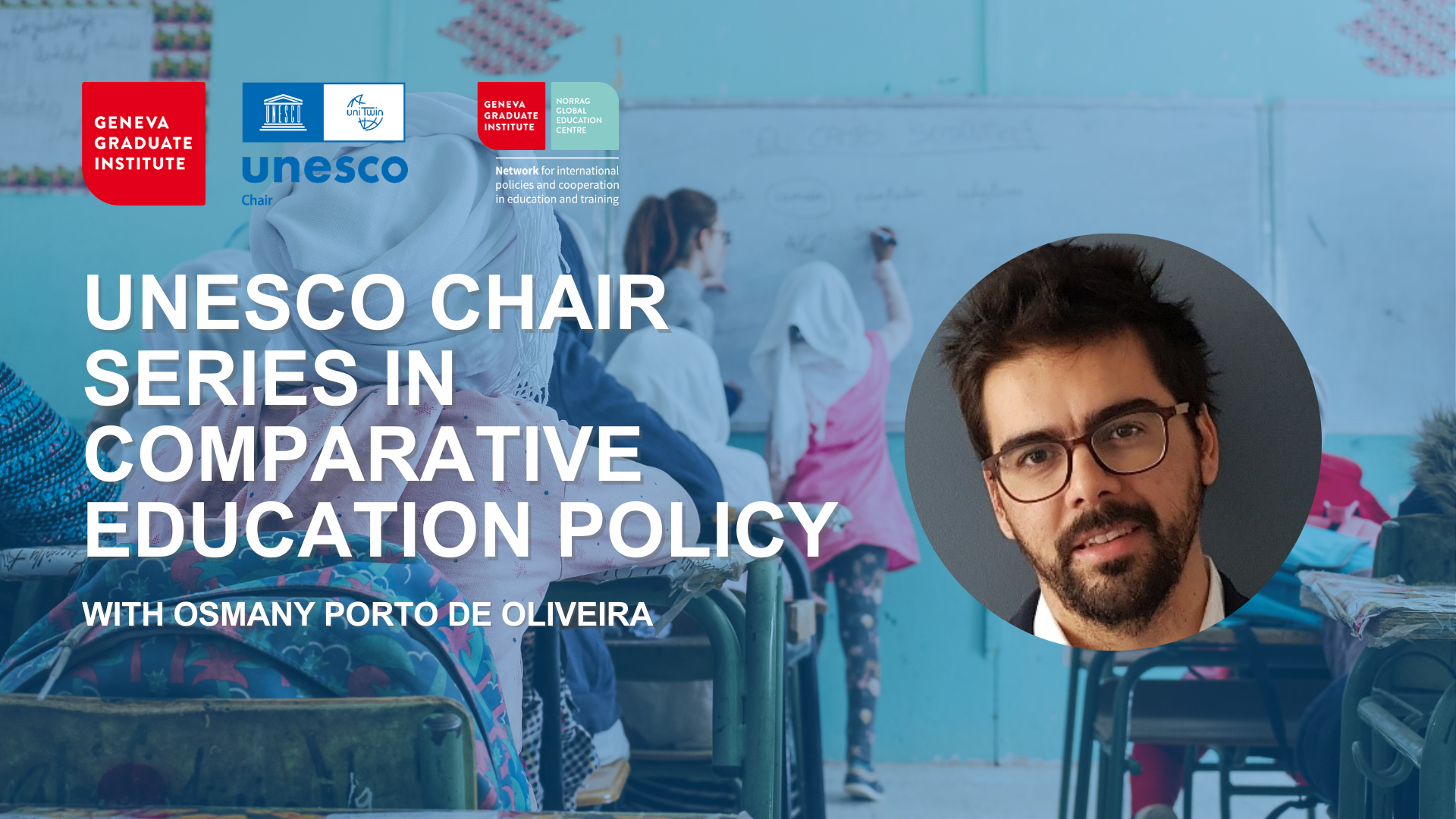UNESCO Chair Series in Comparative Education Policy with Osmany Porto de Oliveira
Lecture with Osmany Porto de Oliveira
“Policy Transfer and International Cooperation: Lessons from the South”
Date: Monday 09 December 2024
Time: 12.30pm to 2pm CET
Location: S5, Maison de la Paix & Online (Zoom)
Open Café with Osmany Porto de Oliveira
Date: Tuesday 10 December 2024
Time: 10am to 11am CET
Location: The Fab, Maison de la Paix
UNESCO Chair Series in Comparative Education Policy with Professor Osmany Porto de Oliveira “Policy Transfer and International Cooperation – Lessons from the South”
On December 9, 2024, the UNESCO Chair Series on Comparative Education Policy held its third session at the Geneva Graduate Institute. The event was co-organized by the UNESCO Chair in Comparative Education Policy and NORRAG, and was co-sponsored by the Global Governance Center, the International and Development Studies Program and International Relations and Political Science Department, as well as the KIX EMAP Hub. Prof. Chanwoong Baek, UNESCO Co-Chair in Comparative Education Policy and Academic Director of NORRAG, served as the chair for the event. The main essence of the hybrid session was introducing the latest development in the field of policy transfer and its relative analysis to the global education arena. With 124 participants, the session was interpreted into Arabic, Portuguese and Russian.
Professor Osmany Porto de Oliveira, a Political Scientist and Assistant Professor at the Federal University of São Paulo, delivered the presentation with title “Policy Transfer and International Cooperation: Lessons from the South.” He discussed how public policies are transcending boarders, evolving through adaptations and are bringing transformational changes. Using his empirical data and findings from Brazilian context, Professor Porto de Oliveira deduced global south way beyond as merely a ‘recipient’ of policies from the north but also a vital source for innovations and policy cooperation in southern hemisphere.By taking examples of public policy transfer originating from Brazil that showed the leadership of country in the process of innovative public policy, Professor Porto de Oliveira explained Participatory Budgeting, Conditional Cash Transfers (CCTs), and School Feeding Programs. While Participatory Budgeting served as a ‘school of democracy’ and promoted public speaking, mobilization, social accountability and civic engagement, the latter two programs link financial assistance and healthcare to school, ultimately aiding in reducing educational poverty. With an emphasis to National School Feeding Initiative of Brazil that links families having background of farming with education by allocating nutritious and culturally appropriate meals to students, Prof. Porto de Oliveira revealed how international organizations have recognized this in several Latin American and African countries with an approach to not only address hunger and malnutrition, rather support local economies. Moreover, particularly relevant in an era where public trust in institutions is grinding down globally, the degree to which the element of community engagement in the participatory budgeting inculcated the sense of co-creation of the policy in citizens, posed participatory governance models as the probable antidote to this growing disconnect.
The discussion emerged from sub-themes of these initiatives, raised broader implications to policy transfer and mechanisms for encouraging global collaboration. Even though, inherent power asymmetries are included in transfer of policy instruments (such as participatory budgeting or conditional cash transfers) and horizontal partnerships, still international organizations with local priorities and knowledge brokerage, distinctively dominate these exchange frequently. These distinctions underline the importance of critically evaluating not just the transfer process but also the sociopolitical contexts in which these instruments operate.
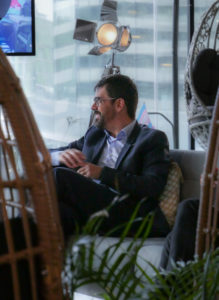
In this way, policy circulation came to surface in versus relationship to policy translation. He highlighted the need for avoiding a ‘one size fits all’ approach and adapting policies in realm of social, institutional, and cultural realities of recipient countries. He pointed out success of Brazil as an example of reversing the traditional dynamic of policy transfer by South-South Cooperation, International Development Programs and Capacity-Building Initiatives. His acumens challenged many international organizations to volte-face their rigid frameworks that merely prioritize uniformity over contextual relevance; effective knowledge transfer does not only require technical adjustments but also be promisingly adherent to the culturally, politically and socially inclusive agendas. Hence, while it could be argued that southern led policy transfers have higher success rates in the global south because of their shared socio-political and culture context, the question “can the traditional north south models can be surpassed by the south- south cooperation in terms of effectiveness” opened the floor for participants to reflect more deeply.
The lecture was concluded with a lively Q&A session where topics such as the role of non-state actor in the process of policy diffusion, independence of policy transfer as variable, the difficulties in contextualizing the western models and the ethics of transfer of knowledge were cumulatively gauged upon. Even in following day’s Open Café at the Fab, the tension between the local realities, global standards and the transformative power of context-sensitive, locally-driven solutions, were the recurring themes throughout the session.
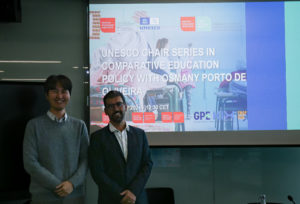
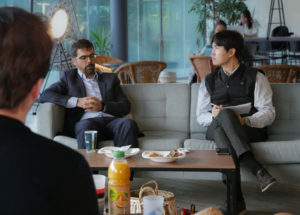
UNESCO Chair Series in Comparative Education Policy
With just a few years left to shape a new international education agenda, the UNESCO Chair series in Comparative Education Policy invites scholars, decision-makers, and public intellectuals from the Global South to share their analyses of the Sustainable Development Goals (SDGs) and broader international agendas. There is an emerging body of literature in political science, international relations, and comparative policy studies on the promissory legitimacy of global actors (Beckert, 2020; Berten & Kranke, 2022; Robertson & Beech, 2023). How do international and national actors navigate uncertain futures, shape national developments towards their pre-defined future, or correct wrong projections that have negatively impacted present policy decisions? Perhaps more than any other public sector, education is expected to prepare individuals for the future. Even international organizations have made it their project to specify that future in terms of 21st century skills (OECD) or human capital needed for economic productivity (World Bank), education ultimately suffers from a technology deficit. The deficit becomes glaring If we conceive of technology as a device that connects inputs with outcomes because educating subjects in the present (input) for a predefined, internationally agreed upon future (outcomes) is in and of itself counterintuitive. Therefore, education lends itself for reflecting on the promissory legitimacy of international organizations. These are only a few questions that this new area of research is able to address and thereby our understanding of tools of global governance.
This series, organized by the UNESCO Chair in Comparative Education Policy and NORRAG, will navigate the tensions and inequalities inherent in the global aid architecture and discuss the gap between national priorities and global scripts in international development.
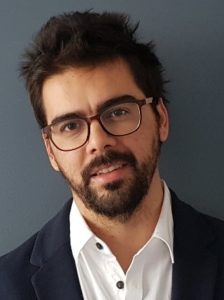
Osmany Porto de Oliveira is a tenured assistant professor in the Department of International Relations at the Federal University of São Paulo (Unifesp). He holds a PhD in Political Science from Université Sorbonne Nouvelle/IHEAL and the University of São Paulo. He has received different international awards, such as the Best Comparative Paper Award from the Journal of Comparative Policy Analysis (2024) and the Early Research Award from the International Public Policy Association (2019). His main research interests are policy transfer and development cooperation, areas in which he has conducted extensive fieldwork across various countries in the Americas, Europe, and Africa. He has different publications on these topics including the “Handbook of Policy Transfer, Diffusion and Circulation”. Additionally, he serves as an Associate Editor for the journal Policy Sciences. Throughout his career, he has been a visiting researcher at Hamad Bin Khalifa University (Qatar, 2023), Université Sorbonne Nouvelle (France, 2019), Institute of Development Studies (England, 2018), and Instituto de Estudios Peruanos (Lima, 2013).
Co-host:
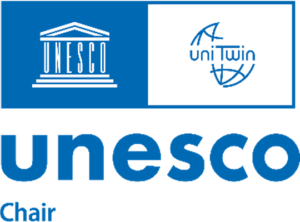
Co-sponsors:


